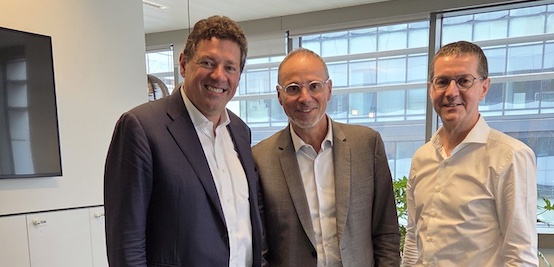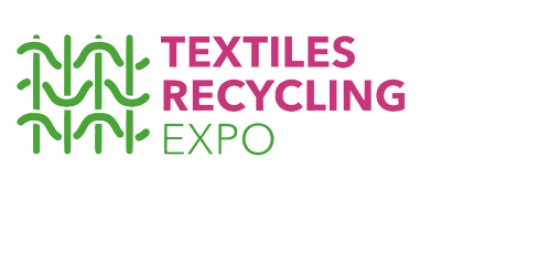#Recycling / Circular Economy
REHUBS to build industry-wide circularity roadmap and action plan in response to increasing textile waste challenges in Europe
The industry is undergoing significant macro-economic shifts, including legislative changes such as the impact of the new Omnibus package and the upcoming EU Circular Economy Act expected in 2026, the rise of innovative technologies, and evolving consumer and
market dynamics. These changes are reshaping how textiles and apparel are produced, managed, recycled, and sold to consumers across Europe.
A landmark development is the introduction of mandatory separate collection systems for used textiles across the European Union, effective January 1, 2025. This policy is expected to substantially increase the volume of used textiles collected, creating new opportunities and challenges across the value chain.
In response, ReHubs, leveraging its unique network of over 30 Partners and Associates including collectors and sorters, recyclers, technology and machinery providers, textile and apparel manufacturers, brands and retailers and investors from across the value
chain, will unveil an industry-wide transformation plan by September 2025. This comprehensive roadmap will present specific action plans tailored to key stakeholders, prioritize initiatives critical to success, define clear key performance indicators (KPIs), and provide a step-by-step pathway towards scaling up textile-to-textile recycling.
"The textile and apparel industry stands at a critical crossroads," said Robert van de Kerkhof, CEO of ReHubs.
"With changes in legislation and rapid technological advances, we have a unique chance to implement systemic transformation that benefits the environment, the economy, and society. ReHubs is proud to lead this charge by uniting diverse stakeholders around a clear, actionable roadmap. Together, we can build a resilient, circular textile ecosystem that meets today’s challenges and tomorrow’s opportunities."
This industry-wide plan will be developed in consultation with ReHubs’ community of Partners and Associates, as well as key circularity experts. Work is already underway by Gherzi Textil Organisation and ReHubs board advisor Evan Wiener.
+ ReHubs is leading systemic change across the textile and apparel industry, bringing together key stakeholders to achieve ambitious circularity goals through aligned efforts in infrastructure, policy, and finance.
+ Macro-economic shifts, including legislative changes, emerging innovative technologies, and evolving consumer and industry dynamics, are reshaping the European apparel and textile landscape.
+ The introduction of mandatory separate collection systems for used textiles across the EU from January 1, 2025, is projected to drive significant growth in textile waste volumes collected across the ecosystem.
+ In response to these transformative changes, ReHubs, working with its diverse partnership-based community, will unveil an industry-wide plan for ecosystem transformation by September 2025.
+ This roadmap will include specific action plans for key stakeholders, priority initiatives, clear KPIs, and a step-by-step pathway to scaling up textile-to-textile recycling.














